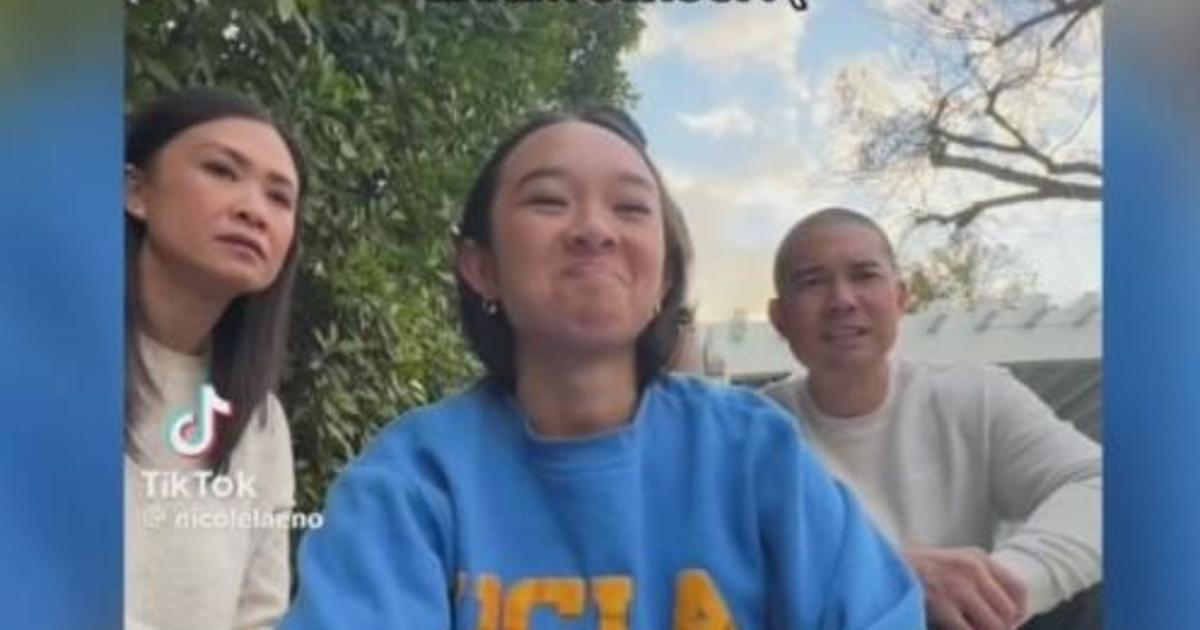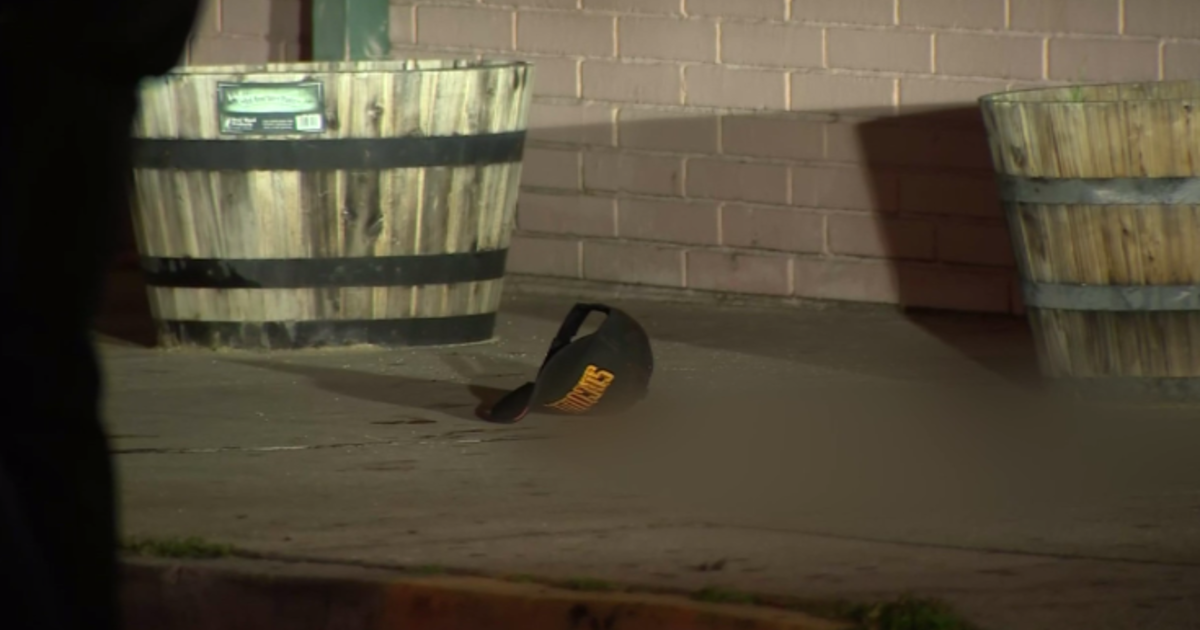College Counselor's Advice: Find Out What You Can Afford, And Consider Applying Out Of State
WHITTIER (CBSLA.com) — As the school year starts, seniors also begin their college applications. So, what does it take to get into a university these days?
CBS2/KCAL9 talked to an expert at one school that's breaking records with its students, many of whom will be the first in their families to attend college.
"I'm the first one to go to college and try to get through the four years," said Jacqueline Baena, a sophomore at Whittier College. And although her grades were just above a 3.0, she was able to get her tuition and living expenses paid for and some financial aid with the help of the university.
"When I talk to my sister, I always tell her there's a place for you," Baena said. "She's even told me before that she was thinking of not going to college, and I've told her, 'That's not an option.' "
Baena is a graduate of L.A. Downtown Magnets High School, where most students come from low-income families, yet over 96 percent attend college after graduation with almost 80 percent attending four-year universities. How do they do it?
"Our students perform," said Lynda McGee, the college counselor at the high school. "They are coming here because they want more out of life than what they would be getting perhaps in their neighborhood school. So, we have students that travel long distances."
McGee has been the college counselor there for the past 10 years and knows how important her advice is to students who depend on her for their chance to attain a higher education. She holds numerous awards for her counseling. She outlined the keys to being admitted to universities with scholarships.
"No. 1, you need to find out what the colleges will think your family can afford to pay," McGee said. "There's something called the EFC, the estimated family contribution, which is adjusted every year according to the income and assets that are reported on your taxes."
And don't stop there after filing with FAFSA.gov. If you think you can't contribute that amount, be ready to appeal it.
"If you have medical bills, if you have family that you support, then appeal that," McGee said.
No. 2, make sure your counselor knows who you are.
"Get to know your counselor so that they can have you come to mind when that scholarship crosses their desk," McGee advises.
No. 3, be open to out-of-state schools. Last year, UCLA got more applications than any other university in the country. Many California schools are popular, and competition is tough.
"In-state tuition for California is much higher than the tuition for students in other states, especially states surrounding us," McGee said. "And there is a special scholarship not based on family income called the Western Undergrad Exchange."
And in your search, look at schools that have fewer applicants.
"You look on College Board, and they will show you how selective was this school the year before," McGee said. "It's not like you can't get in anywhere. There are plenty of students with 2.5s in four-year schools and even lower."
Baena says she hopes to work in forensics with her biology degree. She will never forget the help she got at DMHS from her teachers and counselors.
"I just hope that when I graduate in three years or so to make them proud," Baena said.



